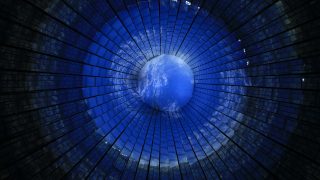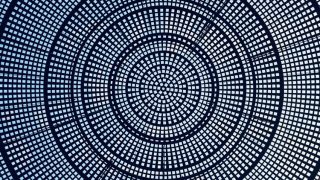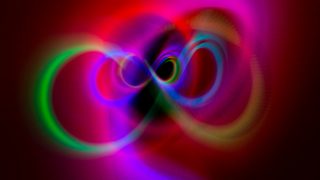
On the threefold birth of the scientific method (2): René Descartes
In my last entry we had a glimpse on the ideas of one of the three main ‘fathers’ of ‘the’ scientific method, Francis Bacon. As I told then, inverted commas are justified because there is nothing like ‘the’ scientific method, only a family of different, and at times mutually inconsistent, sets of procedures, rules and […]








